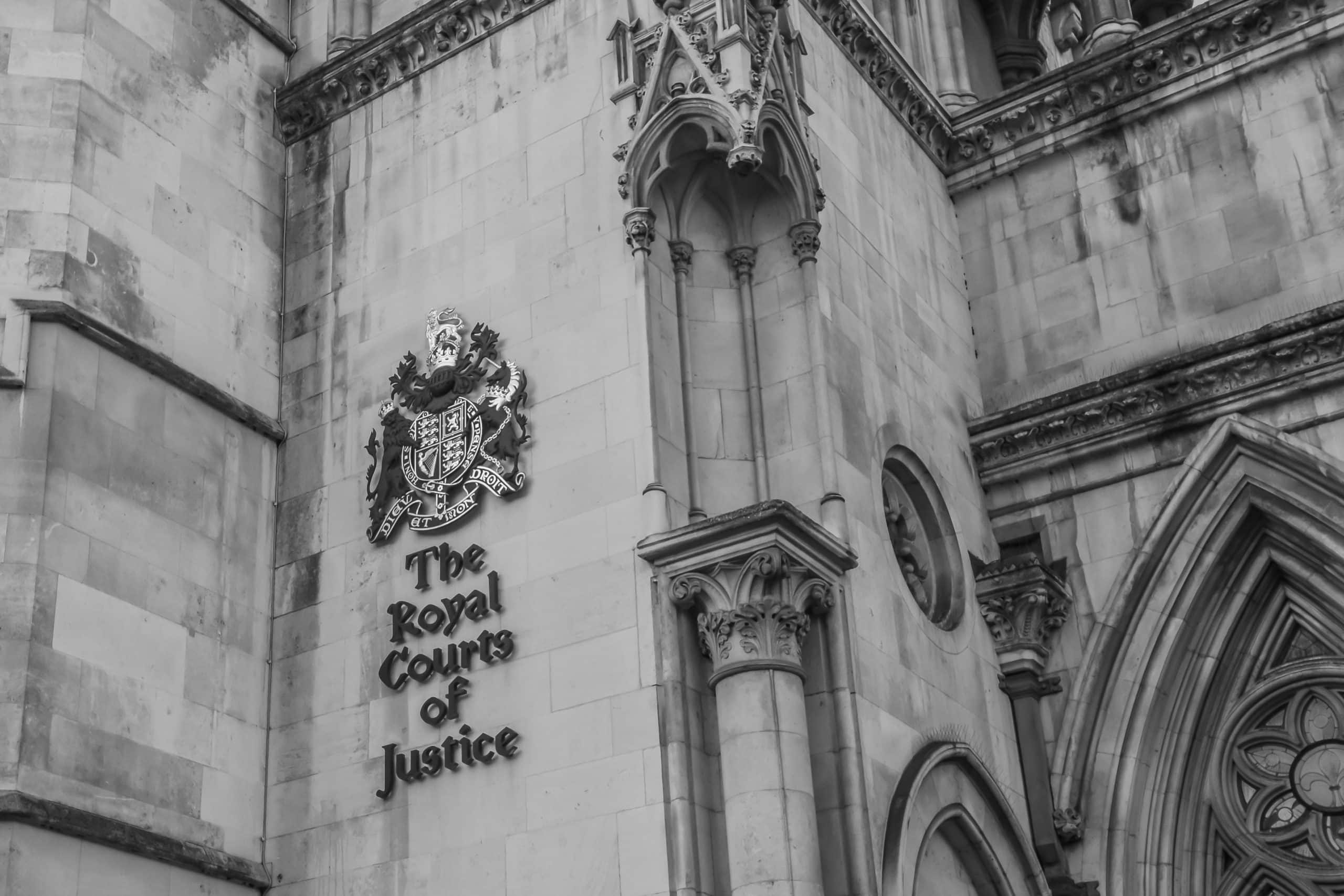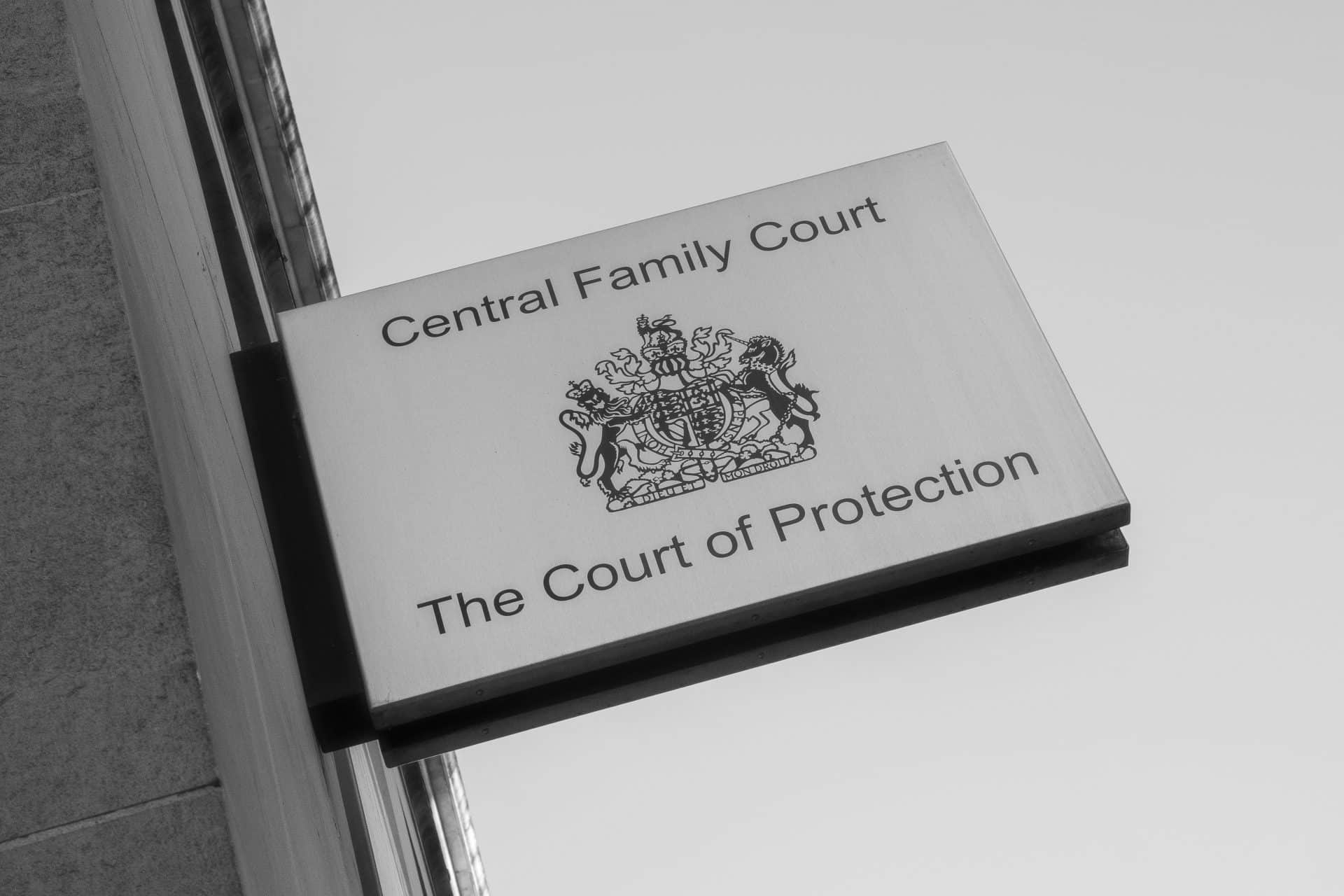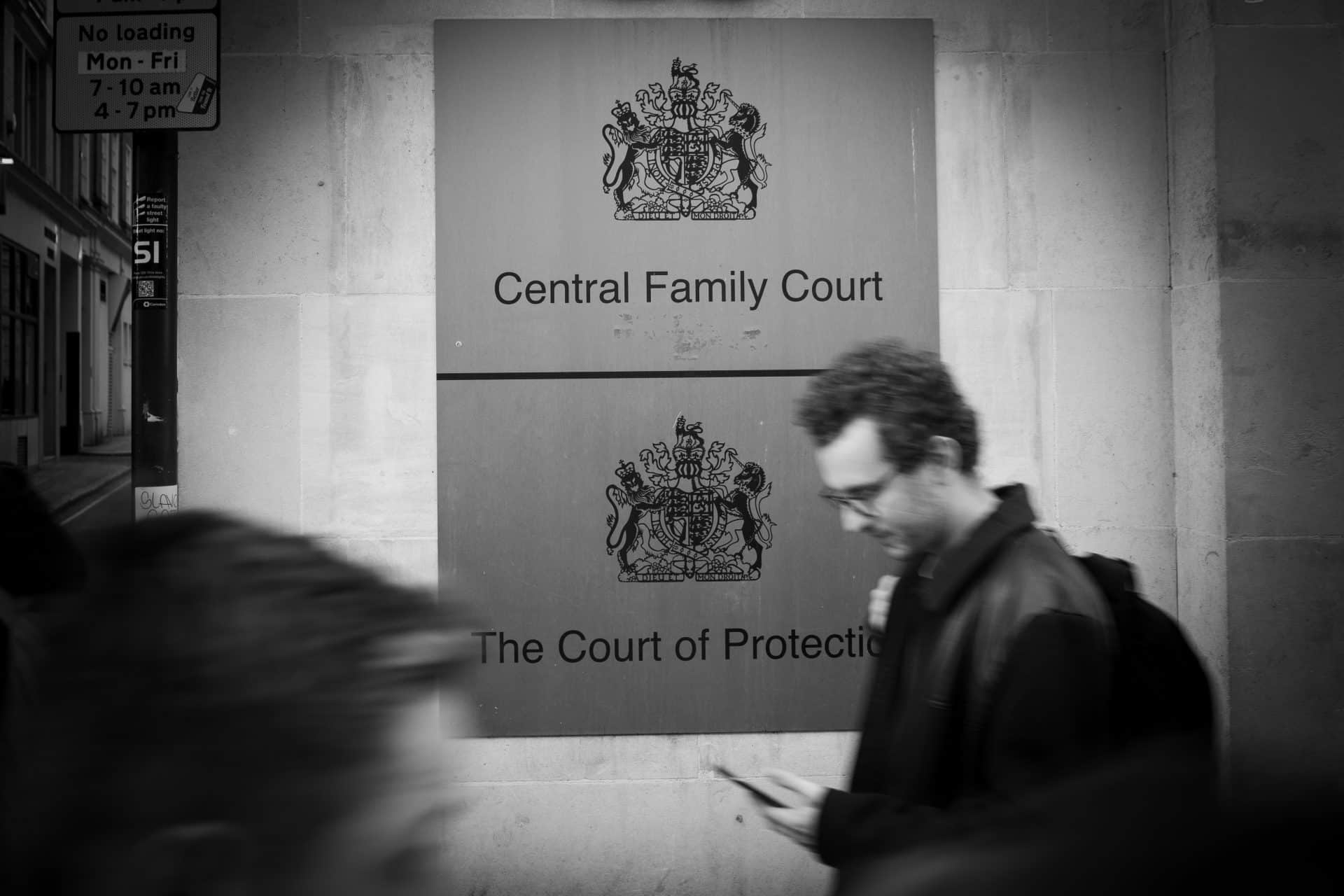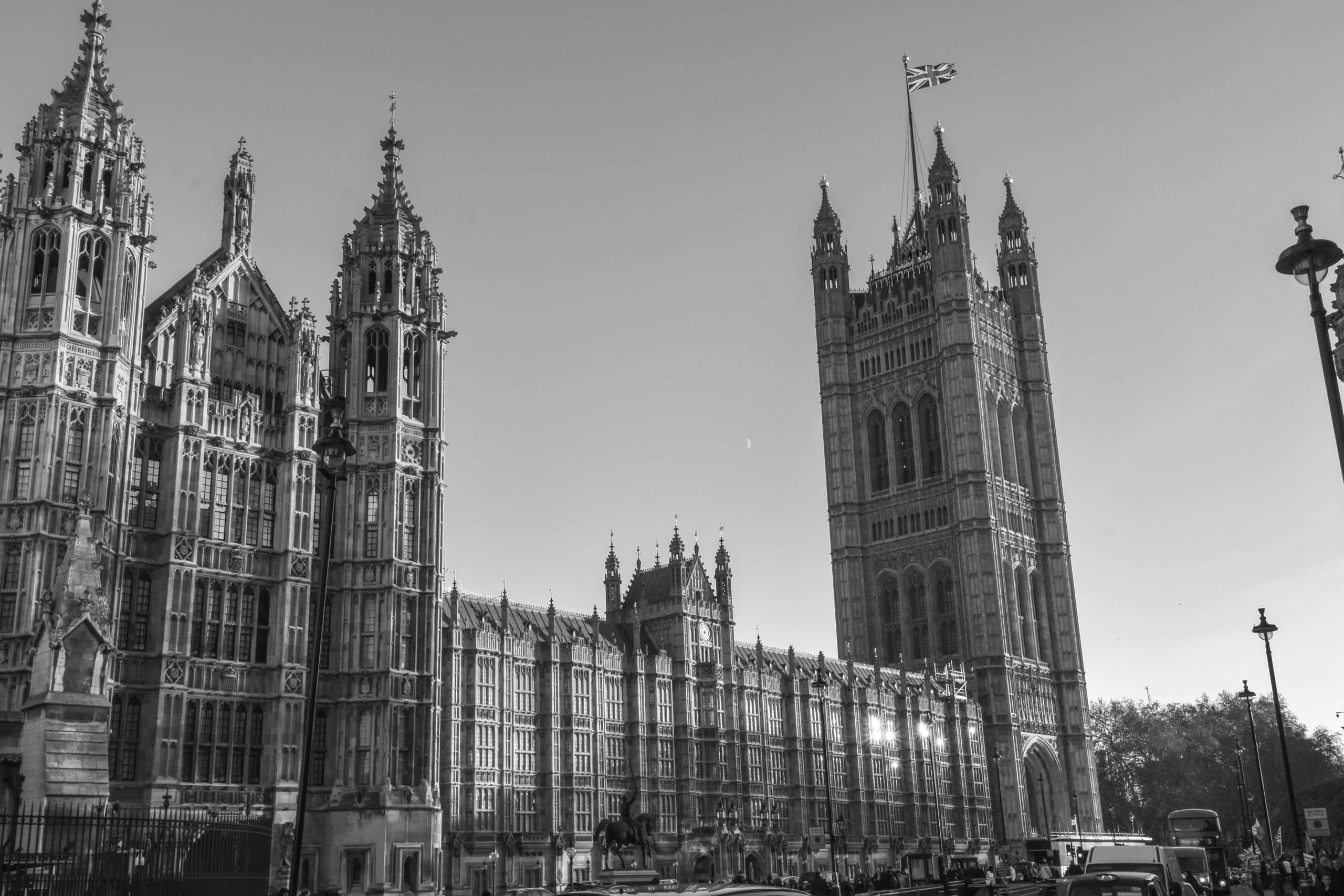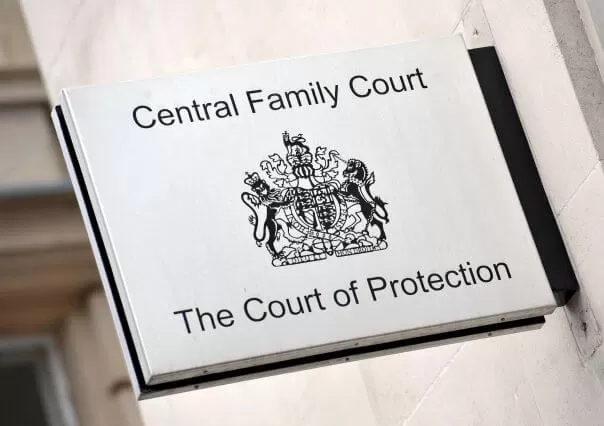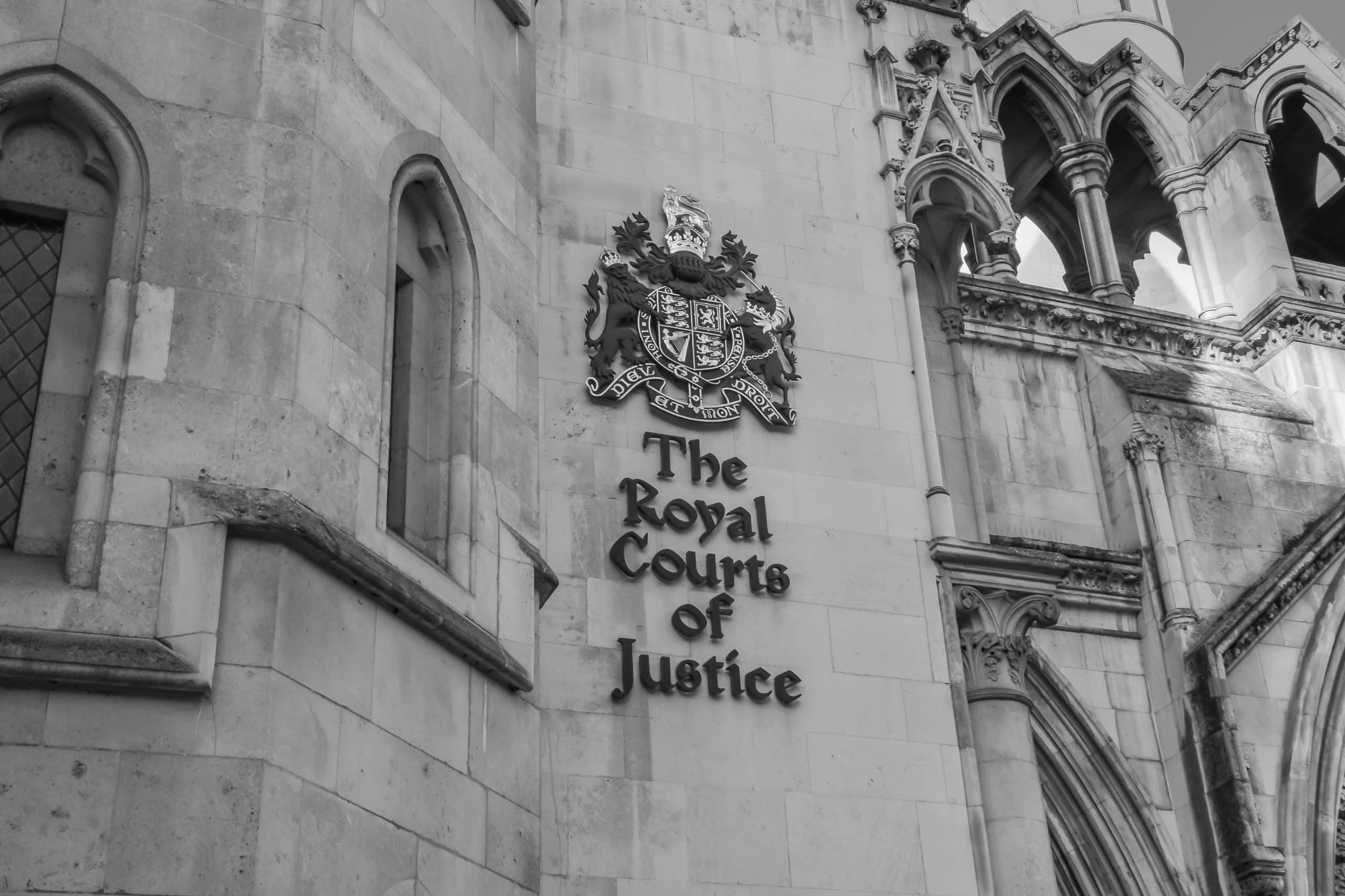Still referring to the GLD?
Barrister disagrees with legal analysis in Anglia Research Local Authority Report on referrals by Local Authorities to the GLD
Advice obtained by Finders International from Barrister James Neill of Landmark Chambers, finds that:
- Local authorities have the power to refer details of an individual who has died intestate without known next of kin to probate research company;
- There is no obligation in any guidance issued by the BVD which requires local authorities to refer unclaimed estates to the BVD
This follows a document published in 2018 entitled "Local Authorities and Heir Hunters: Myths, Misunderstandings and Unintended Consequence". The legal opinion obtained sets out, in detail, why Local Authorities have every right to refer cases to a Probate Genealogy Company, such as Finders International, and that guidance issued by the GLD (Government Legal Department) or BVD (Bona Vacantia Division) does not require the authority to refer cases direct to them.
The document goes on to look at implications for contracts under tendering and procurement legislation and concludes that
- Any such referrals if made on an ad hoc basis and informally without payment are unlikely to be considered public services contracts or concessions for the purposes of the 2015 PCRs or CCRs
Danny Curran, MD of Finders International, said that "this document provides clear advice to all Local Authorities who wish to work with Probate Genealogists". He went on to add "we believe that by using the services of a company such as Finders International, it not only saves time for Local Authorities but can have significant cost savings too. At a time when Local Authority budgets are being stretched to unprecedented levels we are here to help ease the burdon on the public purse".
Copies of the advice are available on request from Finders International.
Court of Protection IT Issues - URGENT
We've been made aware that staff at the Court of Protection are currently experiencing severe issues with the HMCTS IT system. This issue is affecting all areas of HMCTS.
The fault connecting to the MOJ system means that staff cannot log-in or access their emails. If you have sent an urgent email to the Court there is a high probability that it is locked into the system and that your request is not being dealt with. The issue has affected users since January and there is no timescale being given for a return to normal.
The Court have not provided an alternative method of contact.
If we have an update we will post it as soon as we have news.
Searching the Registers - New OPG Guidance
The OPG has just released new guidance for those wishing to search the registers for an LPA, an EPA or a Court Order.
The guidance can be downloaded via their website here.
Revising the Code of Practice
The Ministry of Justice has announced that a consultation is underway looking at revising the MCA Code of Practice. The original work was launched in 2008 to coincide with the act's full implementation. Some 11 years have now passed and our understanding the act has developed so it is natural to want to revisit and update the Code of Practice.
They say "The call for evidence will aim to seek views and contributions from a range of stakeholders, to develop a robust evidence base which will inform revisions made to the Mental Capacity Act Code of Practice"
The online survey can be completed at the Ministry of Juctice website and it is vital that as many practitioners from all sectors participate and complete.
Care homes, competition and the green paper
OPINION - Whilst acting as a deputy for a local authority, I was "asked" to sign contracts and then pay an administration fee to care homes for clients I acted for. I always refused. It was my belief, at the time, that this was an illegal practice and that care homes had no right in asking for a payment up front.
The Competition and Markets Authority (CMA) have been investigating Care Homes and produced detailed advice for care homes about their obligations under consumer law.
On the 6th December the Competition and Markets Authority announced that one of the largest care providers in the UK, Care UK, would face legal action unless it refunded monies back to some 1600 residents who had been charged a fee of up to £3,000.00.
Care UK have responded by rejecting this claim, stating that they "..do not believe there is any evidence whatsoever to suggest residents have been disadvantaged or that our historic fee structures were in breach of consumer law". There is no doubt that the case will go to Court for a decision.
The CMA have also written to other care providers who undertake the practice of applying an administration fee.
I thought it highly unfair that the resident be expected to pay this fee whilst a state funded resident in the same home would not, therefore I would refuse to pay as it was clearly not in their best interests. I know that other Deputies in both the Public and Private sector would refuse to pay.
No doubt this will result in court action and we will get a decision in due course. If the court rules against care homes, how many of those residents affected will be left to benefit from the decision? If their savings have depleted will the monies go to Local Authorities who have picked up the funding? What happens if the resident has passed away with no one managing their estate?
With the imminent publication of the Social Care Green paper in England, will this make the practice of applying admin fees illegal or will it leave it open to interpretation?
Personally I'm glad that the CMA have taken this action and I hope that the opportunity to, once and for all, clarify fees is finally taken so that future generations entering care know what to expect. Sadly I'm fairly pessimistic that the Green Paper will do anything to answer the needs of Social Care in England and Wales. It is a golden opportunity that, I fear, Government will be too scared to take.
Dave Lockwood.
DOLS - your questions please
Welcome to 2019, I hope that you are all refreshed and raring to go after the festive break.
As part of our plans to expand the site and content we provide to subscribers we are planning to record webinars.
I am planning our first recording, looking at DOLS and Liberty Protection Safeguards (LPS) which are planned to be implemented under the Mental Capacity (Amendment) Bill currently passing through Parliament. My plan is to make this available at the beginning of February.
Our expert will be able to answer questions and look at issues raised by members.
So, if you have an issue you wish us to discuss or have a question then please email me - [email protected]
I look forward to hearing from you all.
Dave
Safeguarding - Ombudsman supports Council
In July the Local Government Ombudsman ruled on a complaint against Islington Council by the mother of a client following the removal of Appointeeship from her.
The ombudsman decided that the authority had acted properly, safeguarding the client's financial affairs and that there was "no procedural fault by the Council in removing her as an appointee to become Deputy in her place". It did not uphold the complaint made against them.
It appears that the Council had called numerous meetings following complaints that the client was not receiving adequate funds from his mother for his needs. The mother did not attend a strategy review meeting, giving her apologies. Subsequently she was written to and informed that due to her continual failure to provide sufficient funds the council would apply to "..initiate transfer...Appointeeship and (make an) application for Deputyship"
An IMCA carried out an investigation and reported back to the Local Authority that it was in the clients best interests to seek a Deputyship Order.
Following the reports a best interests meeting was held where all parties involved were present and it was decided, including the mother, that Deputyship would be applied for. The Council were appointed Deputy for the individual in November 2017. The mother had been informed of the application in June 2017.
The Ombudsmans findings show that the Council acted appropriately in accordance with the law, that they had an obligation to safeguard a vulnerable adult. The ombudsman found that there was no fault in the application to become Deputy and that "offices acted without procedural fault and made a reasoned decision on the information they had available".
The last paragraph of the report is somewhat strange as the Council has apologised for not letting the mother know the exact date they took over, however the Court would have made this decision and issued an order on a specific date which is not controlled by any applicant.
This is a very good example of a local authority acting properly and safeguarding a vulnerable adult, it is good to see the Ombudsman recognising this and supporting a Local Authority's decision.
The full decision can be read by clicking here
Changes to DOLS proposals
The Government has responded to severe criticism of their proposals to change the DOLS replacement scheme and made significant alterations to their plans, Community Care reports on the 20th November.
The scheme will be extended to cover 16 and 17 year olds and plans to give care home managers a significant role have been scaled back.
The full article published in Community Care can be read here.
Joint Committee responds to MCAB - Future of Dols
Alex Ruck Keene has published on his website Mental Capacity Law and Policy a summary of the report published by the Joint Committee (House and Lords) on the 26th November responding to the Governments proposals to change the Mental Capacity Act, specifically around Dols standards and who makes decisions.
In brief, like the vast majority of professionals, they agree that giving the role of decision maker to Home Managers could be a conflict of interests.
Let us hope that the Government listens to the concerns of the many!
Further clarification from Court on Charging
In a judgment [2018] EWCOP 22 handed out by Her Honour Judge Hilder on the 24th September, there has been further clarification regarding fees that can be charged by “non solicitors” following the case between London Borough of Enfield and Matrix Deputies Limited.
in the judgement HHJ Hilder sets out five questions regarding remuneration of Deputies:
(1) If an order merely authorises "fixed costs" without specifying at what rate, does that necessarily imply fixed costs at the lower, public authority rate?
(2) If an order authorises "fixed costs" without specifying at what rate but also authorises the deputy to obtain assessment from the SCCO, what is the effect of the second limb of the order? Is it 'simply otiose'? Does it necessarily imply fixed costs at the higher, solicitors' rates?
(3) Where a single deputy holds various appointments, some of which include authorisation to charge fees at the higher fixed rate, and some of which authorise merely "fixed costs" without specifying the rate, can that deputy infer that all his appointments are made on the same basis such that where the rate is not specified, the higher rate can be implied?
(4) If an order did not include authorisation to obtain SCCO assessment, but such assessment was obtained anyway, is the deputy entitled to charge the assessed fees?
(5) Where an order does include authority to obtain SCCO assessment, can the deputy rely on that authority once the estate has fallen below £16000, or is the deputy required to seek specific further authority for assessment?
Following discussion and argument HHJ Hilder responded:
(1) Yes, if an order authorises "fixed costs" without specifying at what rate, that necessarily implies the lower, public authority rate.
(2) No, if an order authorises "fixed costs" without specifying at what rate but also authorises the deputy to seek assessment from the SCCO, that does not imply the higher, solicitors' rate. It is open to the court to provide for fixed costs at the lower rate and also the option of assessment in a particular case if it sees fit.
(3) No, a deputy may not 'read across' from the terms of one appointment into the terms of another. Each order stands on its own as a 'best interests' decision on the facts of a particular case.
(4) No, an assessment obtained from the SCCO without authority is not sufficient to establish entitlement to claim the assessed fee. At best, the deputy may seek to rely on such assessment in support of an application for release of liability in respect of any fee charged at the assessed rate. Any lack of challenge from the OPG to a report submitted to it by the deputy does not constitute authorisation to charge the reported fee.
(5) Yes, once an estate falls below £16 000, specific authorisation is required to obtain assessment of costs. The deputy may not continue to rely on an authorisation of assessment which was granted when the net value of the estate was greater than £16 000.
This judgment together with the earlier decision of District Judge Eldergill in The Friendly Trust's Bulk Application [2016] EWCOP 40 seem to clarify how fixed fees should be treated by third party companies i.e. Non Solicitors and Non Local Authorities.
Given the number of third parties now in operation one would assume that this decision will not go unchallenged and that the Court and the OPG need to agree a way forward that recognises the needs of all professional deputies to receive fair remuneration for work undertaken.

